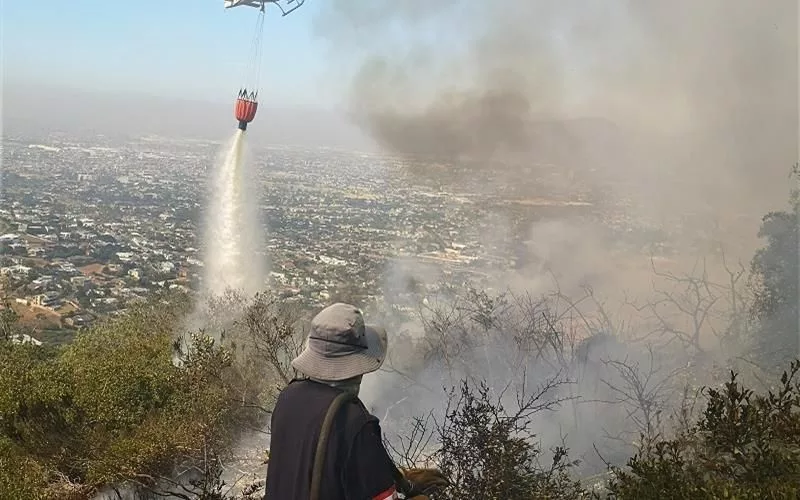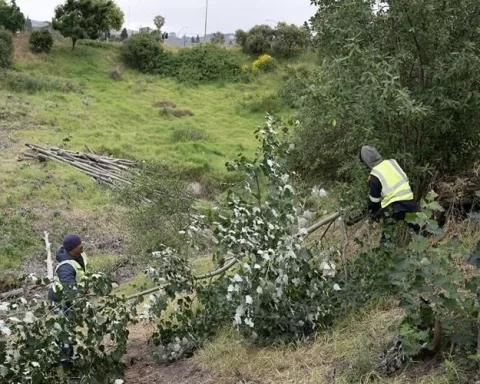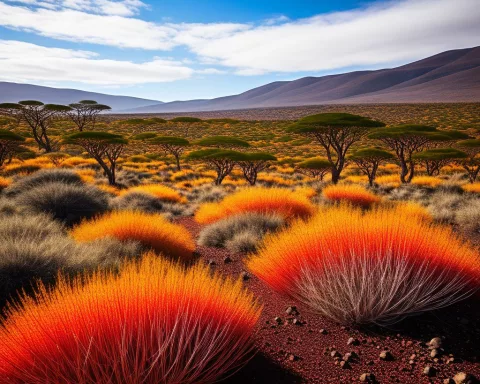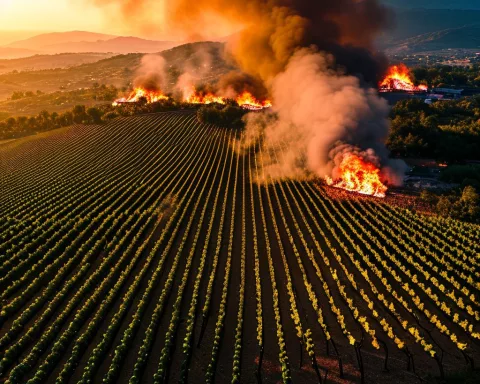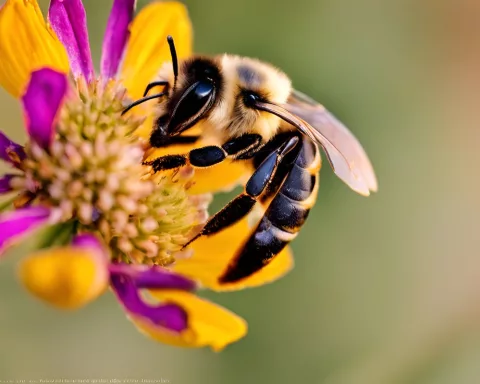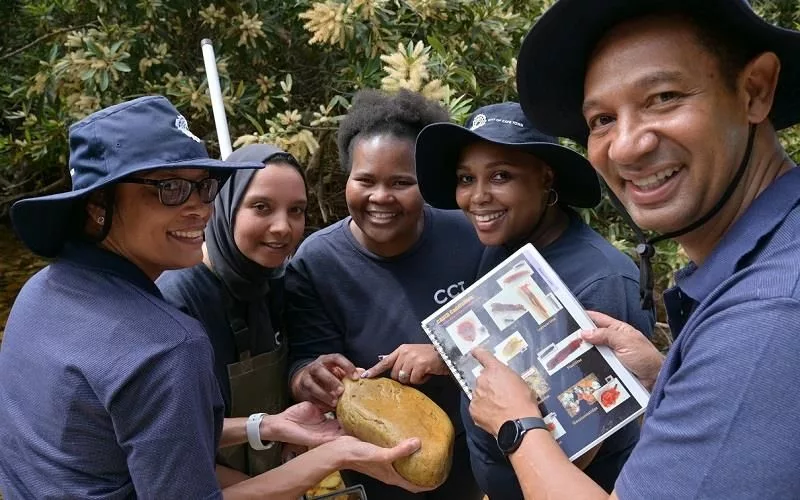Tygerberg Nature Reserve had to be temporarily closed due to a recent wildfire in Tygerberg Hills. The devoted personnel worked tirelessly to ensure the safety of visitors and avert fresh flare-ups. However, the closure is not permanent, and visitors can explore other nature reserves in the City of Cape Town while waiting for Tygerberg to reopen. The fire, while unfortunate, has a positive side, as it can boost the health and biodiversity of the ecosystem. Visitors can look forward to a beautiful display of spring flowers in September.
What led to the temporary shutdown of Tygerberg Nature Reserve?
A recent wildfire at Tygerberg Hills resulted in the reserve’s closure for clean-up operations. The devoted personnel tirelessly worked to avert any possible trigger of fresh flare-ups. The reserve will welcome visitors again once safety is assured and the clean-up operations are accomplished.
An unfortunate incident led to Tygerberg Nature Reserve, a prized asset in the City of Cape Town, temporarily shutting its operations. A recent wildfire at Tygerberg Hills stands accountable for this unexpected pause in the reserve’s operations.
The Impact and Recovery
The fire’s aftermath needed immediate closure for the clean-up operations. This involved the arduous task of dealing with the leftover hot spots and reducing smouldering vegetation. The devoted personnel of the reserve tirelessly water these areas to avert any possible trigger of fresh flare-ups. Nevertheless, the closure is not forever; the reserve will welcome visitors again once safety is assured and clean-up operations are accomplished.
However, the closure does not mark the end of outdoor activities and hiking trails for nature fans. The City motivates visitors to explore the array of other nature reserves strewn across its terrain. Season ticket holders can see this as an opportunity to discover more gems in the City’s collection of nature reserves.
The Battle with Fire and Aftermath
The 25th of January was a testing time for the City’s Fire and Rescue Service and Biodiversity Management Department. They managed to control the raging wildfire that had swallowed the reserve. Their heroic efforts allowed the City to briefly re-open the reserve on Saturday morning. However, destiny had other plans, and some areas witnessed flare-ups, causing the reserve’s closure at 13:00.
Interestingly, the fire also has a bright side, as it is linked to the ecological advantage of the natural burn cycle of Renosterveld, the vegetation that was destroyed by the fire. With a burn cycle of six to eight years, a timely fire can boost the overall health and biodiversity of both fynbos and the Renosterveld ecosystem.
The Positive Outcome and Future Prospects
Alderman Eddie Andrews, the City’s Deputy Mayor and Mayoral Committee Member for Spatial Planning and Environment, echoed a similar view. He stated that the fire mainly impacted aged vegetation, and this burn would eventually rejuvenate the veld. Nature enthusiasts can look forward to a mesmerising display of spring flowers, decorating the now burnt Tygerberg Hill, come September.
Fortunately, no infrastructure was impacted during the fire. The City expressed its deep gratitude to the generous residents who provided refreshments to the staff during the fire management. The nearby landowners were also thanked for their assistance, cooperation, and understanding during this demanding period.
For any general queries, you can reach out to the Tygerberg Nature Reserve at 021 444 8971, or email Tshepo.Mamabolo@capetown.gov.za.
Despite the temporary shutdown, Tygerberg Nature Reserve remains an emblem of resilience, reinforcing the idea that sometimes, nature needs to revitalise itself to thrive again. This incident illustrates how a community can unite in times of crisis and how natural cycles are pivotal in sustaining the health of the ecosystem in the broader perspective.
-
Why was Tygerberg Nature Reserve temporarily closed?
Tygerberg Nature Reserve was temporarily closed due to a recent wildfire in Tygerberg Hills that required clean-up operations and ensuring the safety of visitors. -
Is the closure permanent?
No, the closure is not permanent. Once safety is assured and clean-up operations are accomplished, the reserve will welcome visitors again. -
What can visitors do while waiting for Tygerberg to reopen?
Visitors can explore other nature reserves in the City of Cape Town. -
How did the personnel work to avert fresh flare-ups?
The personnel worked tirelessly to water leftover hot spots and reduce smouldering vegetation. -
Is there a positive side to the fire?
Yes, the fire can boost the health and biodiversity of the ecosystem, particularly with the natural burn cycle of Renosterveld. -
When can visitors look forward to a beautiful display of spring flowers?
Visitors can look forward to a beautiful display of spring flowers in September.

